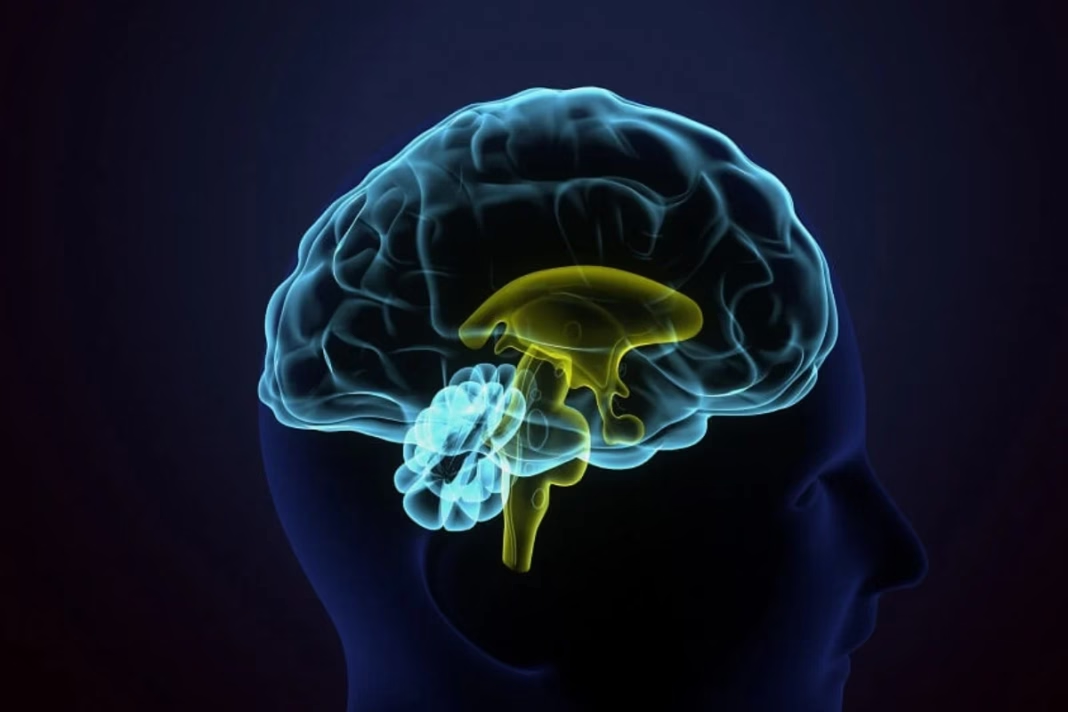Intermittent Fasting Benefits: The human brain often feels like a clock that never stops ticking, always moving forward with age. Yet researchers have found a way that seems to nudge this clock backwards.
A recent lifestyle study has revealed a shift so simple that it is sparking attention worldwide. The findings suggest that practice followed for just eight weeks may hold the power to help the brain feel younger again.
The Science Behind Brain Rejuvenation and Intermittent Fasting
A new study suggests that just eight weeks of intermittent fasting may rewind brain ageing by up to 2.5 years. Chynthia Bromley from The Farmacy shared the findings on Instagram, sparking debate on lifestyle and brain health. Researchers say intermittent fasting benefits include autophagy, where cells recycle waste to protect neurons.
It also reduces inflammation linked to Alzheimer’s, keeping brain networks sharper. These insights highlight how fasting for brain health may redefine the connection between intermittent fasting and ageing.
Metabolic Benefits for the Brain
Intermittent fasting benefits include better insulin sensitivity, which lowers the risk of Type 2 diabetes. Since diabetes is linked with dementia, improving metabolism directly supports brain health. Better control of sugar levels helps reduce stress on brain cells and supports long-term clarity.
Periods of fasting also raise ketone production, which powers the brain more efficiently than glucose. Ketones carry anti-inflammatory properties, making them protective against stress and damage. For this reason, fasting for brain health is being studied as a natural way to shield neurons from ageing.
Building Stronger, Smarter Brains
Beyond repair, intermittent fasting benefits also include the growth of new neurons, especially in the hippocampus. This region is vital for memory and learning, which makes these findings especially meaningful.
Intermittent fasting for brain health may improve daily memory use and even strengthen long-term focus. The study also points out that fasting builds resistance against oxidative stress. This is important because oxidative stress often speeds up brain decline.
What Experts Are Saying about Intermittent Fasting?
Health experts remain cautiously optimistic while acknowledging the potential. They note that fasting benefits should not be seen as universal, since medical guidance is necessary before starting. Experts highlight that fasting and ageing may be linked, but more studies are still needed.
“Intermittent fasting for brain health shows us that diet choices may shape how long our brains stay sharp,” one researcher noted. However, the same expert emphasized that consistent and longer trials must confirm these results.
A Step Toward Healthier Ageing
The study suggests that practising intermittent fasting for brain health for just two months may make the brain feel younger. Researchers add that while this is not a cure, it may be a simple tool to delay brain decline.
The fact that fasting and ageing are so closely tied opens doors to affordable strategies for people worldwide. This discovery joins growing evidence that everyday lifestyle choices matter in the way we age.
The study shows how fasting benefits the mind and body in more ways than one. As science continues to study intermittent fasting and ageing, these early results bring hope for a sharper future.



